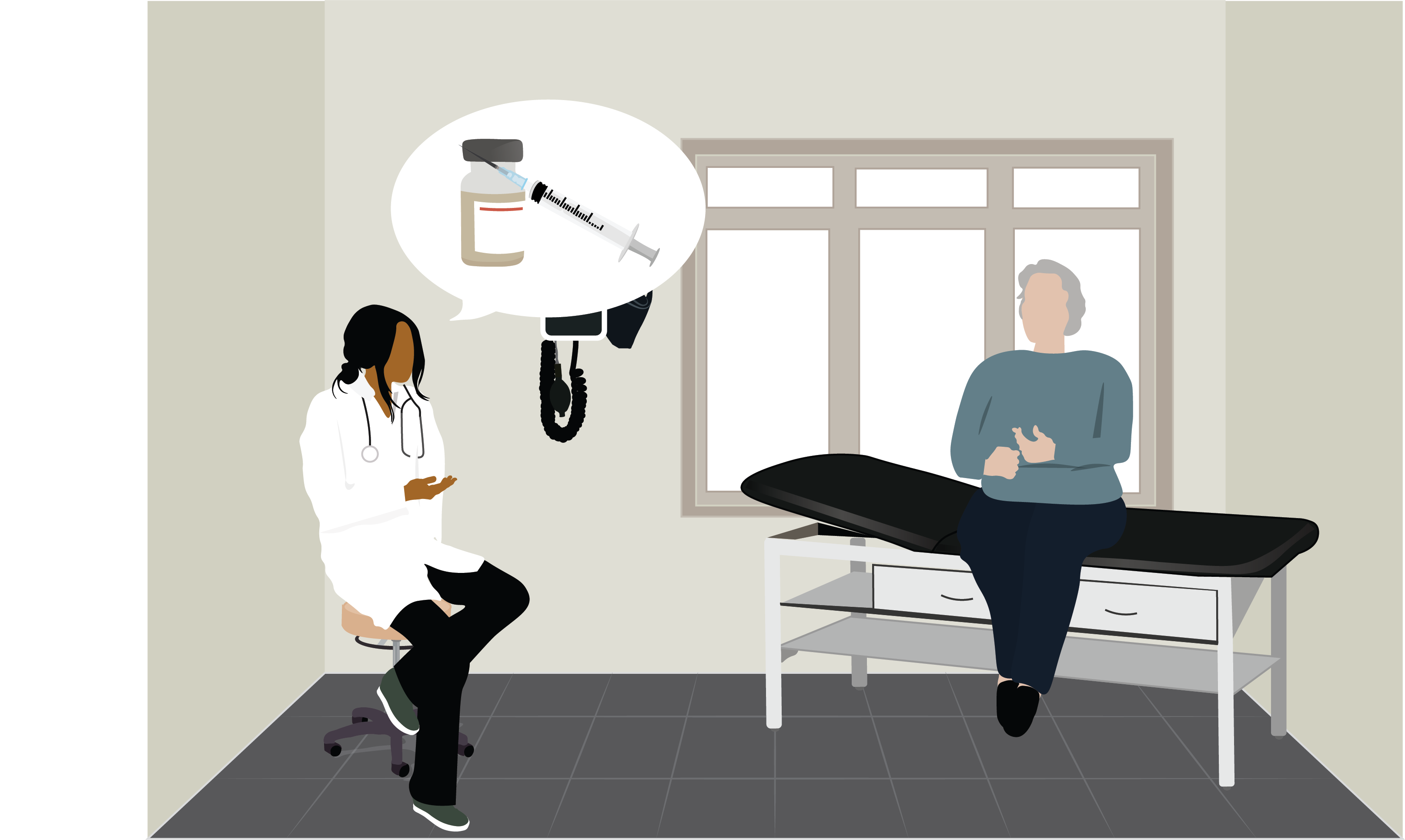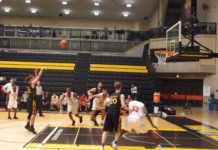
The COVID-19 pandemic may have cut plans short for many across campus, but for researchers looking for a vaccine here at UW the work has just begun.
“It started about a month ago when closures began across campus,” Dr. Roderick Slavcev, professor at the UW School of Pharmacy, said.
“There’s a rise to the occasion which is really amazing to see.”
Theraphage, a biotechnology research group from UW’s Velocity program, is spearheading UW’s vaccine efforts.
The researchers’ goals include designing globally accessible immunotherapies and allowing students to gain exposure to the industry.
Dr. Slavcev, co-founder and CEO of Theraphage, along with Dr. Emmanuel Ho from UW’s School of Pharmacy and Dr. Marc Aucoin from UW’s School of Chemical Engineering are combining their efforts and working with student scientists to develop a DNA-based nasal spray vaccine.
“As we started putting down the ideas, we came to a conclusion that what we have here is a really stellar advancement not only for COVD-19 but even as a new platform for how vaccines could be looked at,” Dr. Slavcev said.
Together with postdocs Shirley Wong and Jesse St. Jean, alongside master’s student Harika Nagireddy, their work showcases the vital role students and researchers can have in tackling a crisis.
These are the students who, according to Slavcev, work seven days a week in the lab to move as quickly as possible towards in vitro testing before clinical trials.
According to Dr. Slavcev, UW has been very active in addressing the crisis despite the tendency for any large body institution to move slowly in time-sensitive events, showcasing the benefits of collaboration between students and professors across departments.
“I love the multi-disciplinary components. For students, this is a highly rewarding experience, and very motivating.” Dr. Slavcev said.
“If there’s a call to action and we can do something about it, that’s where the reward comes from.”
According to Dr. Slavcev, this experience reveals that there is room for improvement within academia, suggesting possibilities for a more collaborative approach to teaching at the university level.
“I think we need to realize that we’re all the learners here,” Dr. Slavcev said.
“This sort of multidisciplinary approach, I would hope, and I think I do see already, is going to start being the norm of how we do things.”
Regardless of faculty or academic background, whether working inside a lab looking for a vaccine, or looking out from inside your home, COVID-19 affects everyone.































